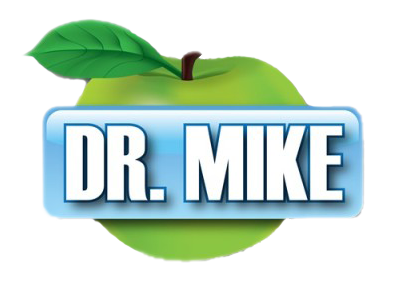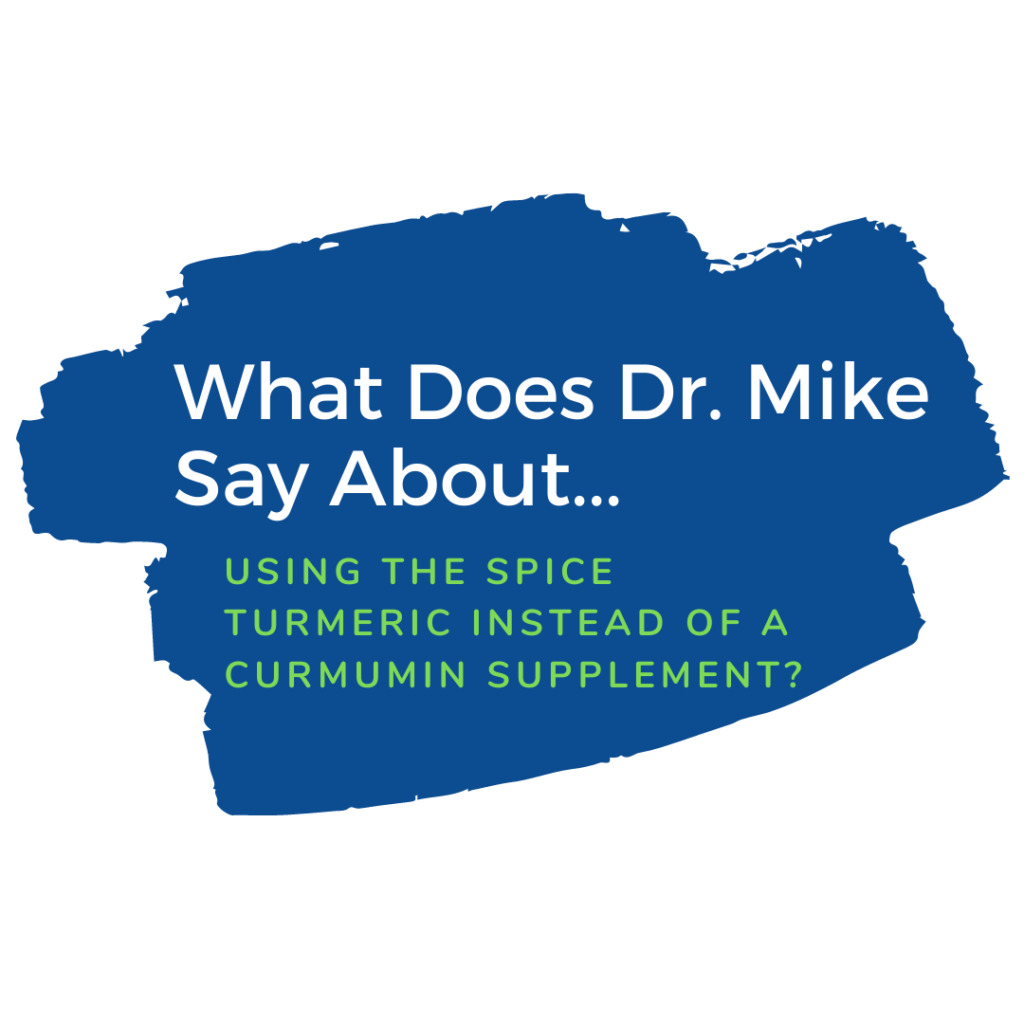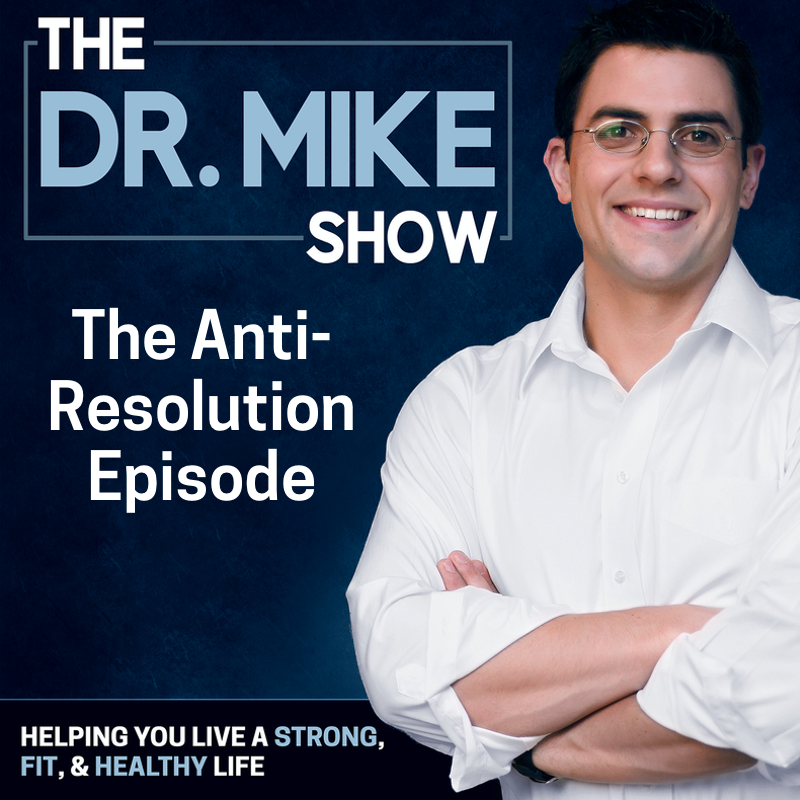The other week, I was fortunate enough to have the opportunity to speak with a class of senior nutrition students at Penn State. My talk centered on my career path in nutrition which my colleagues in the PSU Nutrition department affectionately call ‘non-traditional’.
One of my big messages to the students was to keep an open mind. Keep an open mind about what you want to do with your career, as your dream job probably doesn’t even exist yet. But more importantly, keep an open mind when it comes to nutrition. When you are an ‘expert’, there is pressure to feel like you always have the right answer, but this is an unfair pressure. Instead, I’ve come to peace with not always having the right answer, but having the right answer based on the currently available information. You always need to give yourself room to learn and grow. I continue to learn and know a lot more now than when I earned my PhD, and I expect to know a lot more in 5 years than I do now. I feel like it is my duty to you the reader to keep learning and evolving my understanding of nutrition.
In order to do this, you need to keep an open mind. I challenged the students to question traditionally long held scientific beliefs such as the health benefits of monounsaturated fats and the additive approach to calculating energy balance (basically the model which we use to determine a person’s energy needs). I don’t know know how many of them will look into the constrained theory of total energy expenditure or Dr. Larry Rudel’s work with monounsaturated fats but I hope a lot of them do.
Along these same lines, I wanted to share with you two areas where my thinking has drastically changed and evolved overtime.
1. Low Intensity Steady State Cardio
I used to do a ton of it. During my misguided attempted at dieting and competing in a bodybuilding show as a teenager, I would do 2 hours a day (1 hr after training and 1 hr before bed). When I was in medical school, I used to grind out an hour on the recumbent bike in my basement every morning while writing my first book. Then for a long time, I essentially banned low intensity steady state cardio from my programming as I did not see it as an efficient way of burning calories or developing my cardiovascular system (it still isn’t). For the last 2-3 years, low intensity steady state cardio has become a staple in my training but not for the reasons that it has been previously included or excluded. I use it now to strengthen my heart, lower my resting heart rate, reduce stress, and enhance recovery.
Because weight loss is always at the forefront of people’s minds, we have a tendency to look at diet and exercise only through the lens of will this help me lose weight? We need to widen our lens and look bigger than that. Yes, low intensity steady state cardio is not an efficient way to lose weight but it is an efficient way to increase overall activity without adding additional training stress to one’s system (and it can help, as I mentioned above, with recovery).
I find this low intensity work extremely hard as it requires a fair amount of discipline to keep my heart rate at 125-130 beats per minute for a hour without giving into the urge to step it up a notch and get after it.
2. Fasting
To be completely honest, I don’t know where I stand with fasting as a weight loss/health strategy, but I know my thoughts on it have drastically evolved from it is a dumb idea. I remember the first time I was ever really exposed to intermittent fasting about a decade ago when I first met Brad Pilon and he told me that he didn’t eat for 24hrs straight twice a week. I didn’t think he was legally crazy, but I thought this approach was a little far fetched (Note: I don’t think Brad is crazy. We have stayed in touch over the years and I respect the work he does). He sent me his book and he made a compelling science-based argument for intermittent fasting. When I read research on fasting, or time restricted feeding as some researchers call it, I find people very compelled to stop eating, but once the initial excitement wears off, I fail to find data that shows that fasting works better than a properly executed carbohydrate restricted diet plan. When given the choice between eating and not eating, I can promise you that I will always opt for eating. 🙂
That being said, intermittent fasting is not a dumb idea but it isn’t something that I generally encourage people to do. Like very low carbohydrate diets, some people will thrive on it, while others will struggle. I would consider it a tool in your diet toolbox. I don’t use it with clients very often, and the leaner you get I think the more valuable of a tool it becomes for someone.
Try not to be married to a nutrition or exercise philosophy. Keep an open mind and always be willing to let your approach evolve to something better.
Is there something diet or exercise related that you have changed your mind about recently? Post a comment, I’d love to hear about it.






